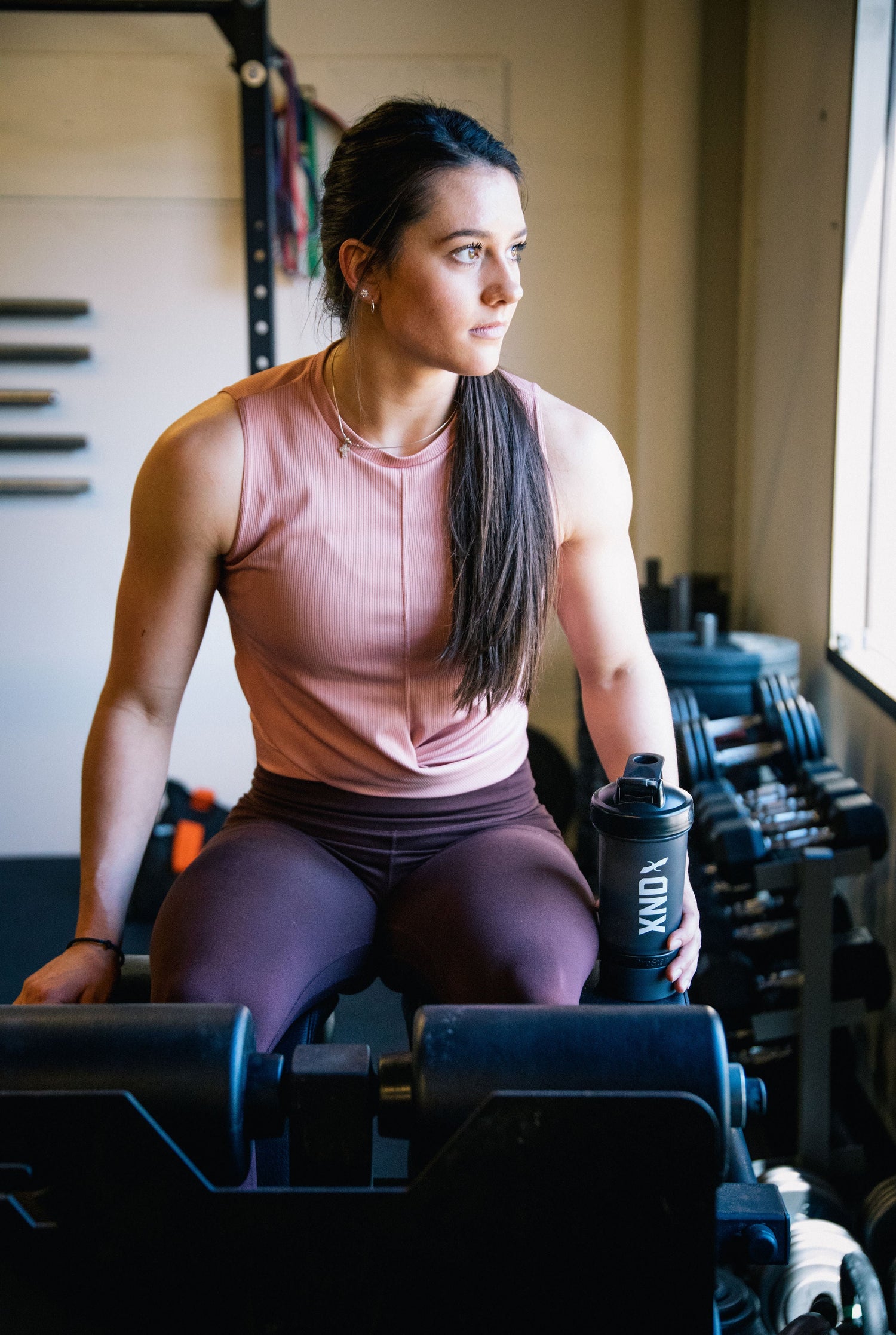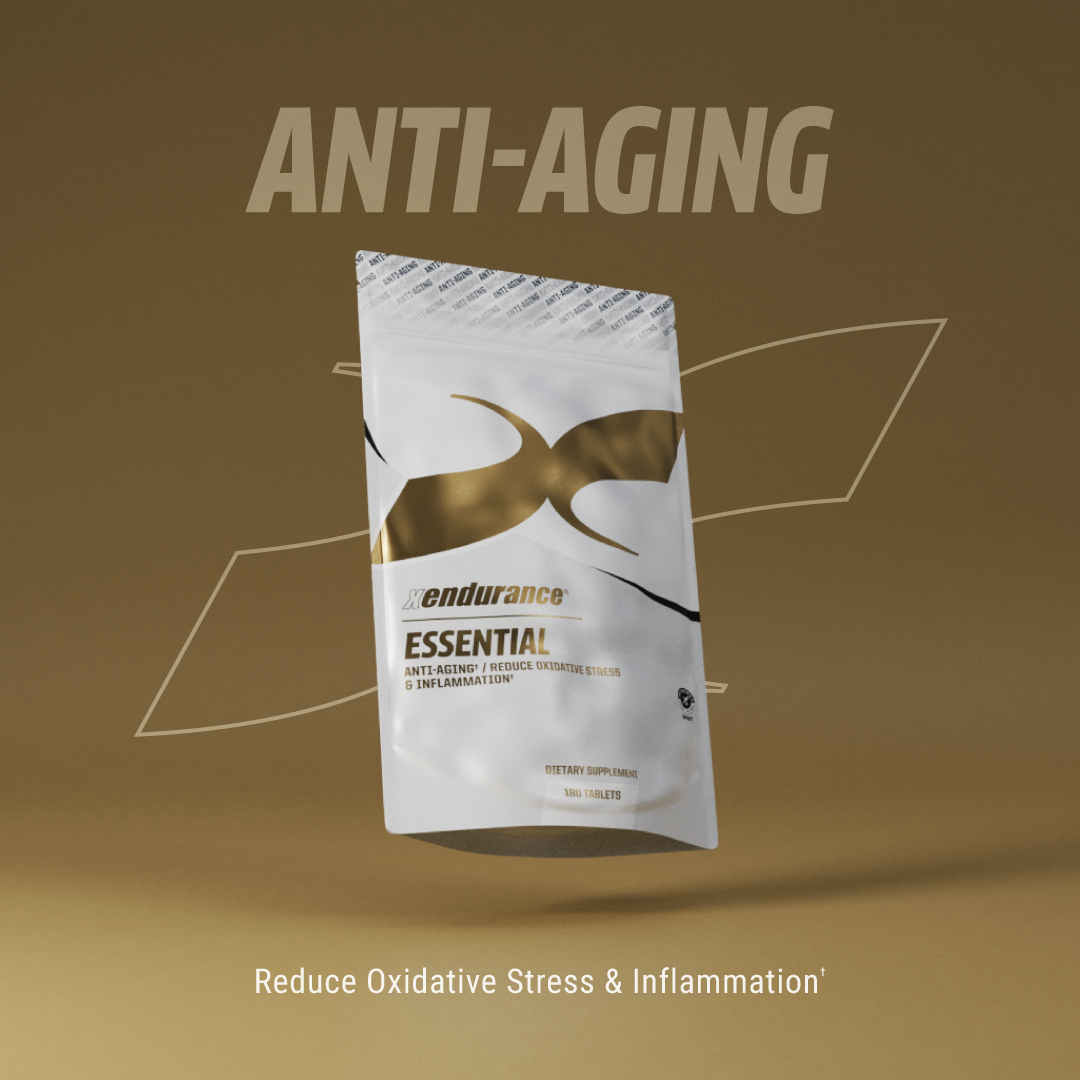We as humans are held up by bones. The skeleton is what makes up a large majority of our frame, shape, and size. It’s also the thing that keeps us from being a blob of skin and organs. Thus, it’s pretty important. However, there are instances where the bones that make us up can become weak and brittle. As we age, things lose some of their integrity, but this can also be partly due to some nutritional deficiencies.
We’re going to break down how you can use nutrition and exercise to prevent this and maybe even improve on where you currently are!
Osteoporosis & Bones
One of the reasons that bones get brittle is because of something called osteoporosis. This is where tiny little pores start to develop in your bones. This makes them brittle. When bones become brittle, we end up being more susceptible to breaks and cracks if we were to fall or run into something. At an older age, this can really become a problem, and sometimes life threatening.
Luckily, there are ways to improve the health of the bones and even prevent this from happening naturally and using the best supplements for bone health.
Vitamin D
One of the most important nutrients for bone health is vitamin D. This vitamin should wear the crown for most jobs. It’s so important to the human body that it’s often referred to as a hormone. One of its most important functions is the absorption of calcium. As we’ve heard, calcium is what makes up our bones. Without the right amount, that osteoporosis can start to show up.
We can get vitamin D in many forms and fashions, however the most common is through sunlight. Getting direct sun exposure is a surefire way to dramatically boost your natural vitamin D levels. You can also get it from foods such as fatty fish, eggs, mushrooms, and organ meats. Then there is always the option of supplementing with vitamin D, which most people should be doing!
Calcium
Now, you have the vitamin D in check. You’re going to need the calcium as well. Most people in America get plenty of calcium, and deficiencies are usually uncommon. However, you should still incorporate this into your daily intake.
Some great sources of calcium are dairy products such as milk, yogurt, and cheese. You can also get calcium from beans, leafy greens, canned sardines, canned salmon, and fortified cereals. Having these from time to time is going to do numbers so long as you consume enough vitamin D.
Magnesium
This one is huge. Magnesium is something that many people are deficient in. It’s also similar to vitamin D in that it controls many functions in the body. This can range from things like mood, metabolism, and yes, bone health. It helps to increase your bone density and prevent the onset of osteoporosis. This is done by a process where magnesium stimulates calcitonin. This is a molecule that helps to preserve your bone structure by pulling the calcium from the blood and back into the bones!
Magnesium can be found in many foods like spinach, kale, and beans. You can also find it seeds like pumpkin and nuts like almonds. Magnesium is something that can also be supplemented to see a huge benefit. If you’re someone who sweats a lot during workouts, then you also lose a lot of this magnesium. Ensure that you’re replacing what you lose after those sessions!
Exercise as Prevention
Exercise is a sure-fire way to help with prevention of any bone degradation, but also a way of improving on an already existing issue. Let’s get into it!
Strength Training
Strength training can be described as using moderate to heavy resistances on the body as a stimulus for getting stronger. The weight not only helps to break down muscle (to be rebuilt) but also to strengthen the nervous system. Neurons need to fire on all cylinders to support and move this resistance, which allows it to adapt and grow stronger. A similar force acts on your bones in this case as well. This resistance signals that the skeleton needs to create stronger bones in order to support more weight. It’s a survival mechanism that keeps the body adapting to outside stimuli.
In turn, this is going to help you strengthen your bones as a preventative measure, but also improve the strength of any weakening bones. Just be sure to go at a pace that is suitable to your current strength!
General Exercise
Now, with all of that being said, you don’t have to go full on strength training to see a change. In fact, just general exercise can help improve your bones. Physical activity and motor movement of the body all play a role in the maintenance and upkeep of your body’s bones. So, you could easily just start seeing a benefit by taking daily walks or maybe light jogs around the neighborhood. Movement is essentially medicine for the body in most cases, so you’ll see a change no matter where you start!
Bones can grow brittle over time, whether you’re an athlete or the mail carrier. What matters is that you take preventative measures to slow this process down and hold it off. This can be done with proper nutritional intakes, and physical exercise. Taking advantage of these tools will go a long way to preventing things like osteoporosis. Use the tips in this post and you’ll be on your way to strong bones!









Leave a comment
This site is protected by hCaptcha and the hCaptcha Privacy Policy and Terms of Service apply.